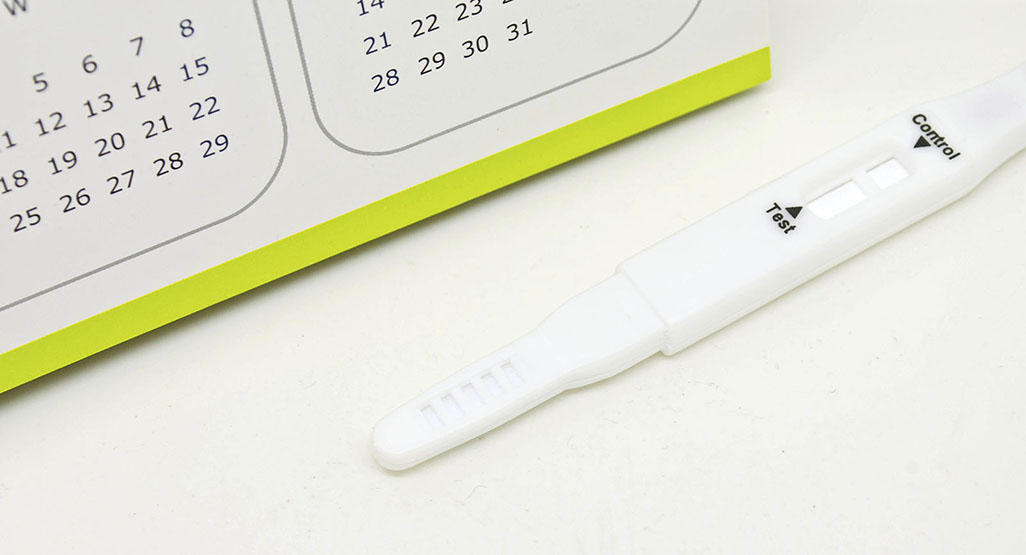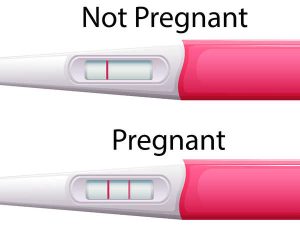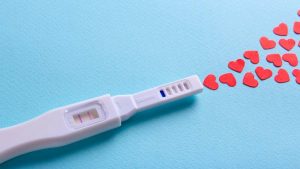If you are trying to conceive, you may have heard of ovulation test kits, also known as ovulation predictor kits (OPKs) or ovulation tests. These are urine tests that you use at home to detect impending ovulation, which is the release of an egg from one of your ovaries. Ovulation test kits work by detecting the luteinizing hormone (LH), which increases to prompt the release of the egg during ovulation.
Ovulation test kits can help you identify your most fertile days in each menstrual cycle, which can increase your chances of getting pregnant. However, they also have some limitations and drawbacks that you should be aware of before using them. Here are some of the pros and cons of using ovulation test kits.
Pros:
– Ovulation test kits are easy to use and widely available. You can buy them online or at most pharmacies and supermarkets. They usually come with clear instructions on how to use them and how to read the results.
– Ovulation test kits are relatively inexpensive compared to other fertility monitoring methods, such as basal body temperature (BBT) thermometers or fertility monitors. You can get a pack of 20 tests for around $20 to $30, depending on the brand and type of test.
– Ovulation test kits can help you pinpoint your two most fertile days in each cycle, which are the day of ovulation and the day before. Having intercourse on these days can maximize your chances of getting pregnant, as sperm can survive for up to five days in your reproductive tract and fertilize the egg when it is released.
– Ovulation test kits can also help you learn more about your cycle and your body’s signs of ovulation, such as cervical mucus changes, abdominal pain, or breast tenderness. This can help you plan ahead for intercourse and avoid missing your fertile window.
Cons:
– Ovulation test kits are not 100% accurate or reliable. They may not detect your LH surge if you have low or high levels of LH, if you have irregular cycles, if you use them at the wrong time of day, or if you drink too much fluid before testing. They may also give false positives if you have certain medical conditions, such as polycystic ovary syndrome (PCOS), or if you take certain medications, such as fertility drugs.
– Ovulation test kits do not confirm that ovulation has actually occurred. They only indicate that your body is preparing to ovulate, but sometimes ovulation may not happen due to stress, illness, or other factors. The only way to confirm that ovulation has occurred is by measuring your BBT or by doing a blood test or an ultrasound at your doctor’s office.
– Ovulation test kits do not tell you when your fertile window starts or how long it lasts. They only tell you when your LH surge happens, which is usually 24 to 36 hours before ovulation. However, your fertile window can start up to six days before ovulation and end on the day of ovulation, depending on how long your sperm and egg can survive. Therefore, relying only on ovulation test kits may cause you to miss some of your fertile days.
– Ovulation test kits can cause stress and anxiety for some women, especially if they have difficulty getting a positive result or if they feel pressured to have intercourse on certain days. This can affect their mood, their relationship with their partner, and their overall well-being.
In conclusion, ovulation test kits can be a useful tool for women who want to get pregnant, but they are not a magic solution. They have their advantages and disadvantages, and they should be used in conjunction with other methods of fertility awareness and monitoring. If you have any questions or concerns about using ovulation test kits, consult your doctor or a fertility specialist for advice and guidance.





